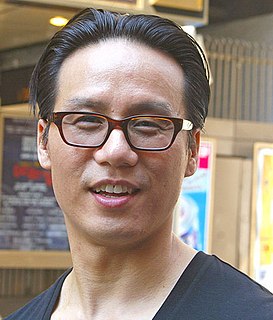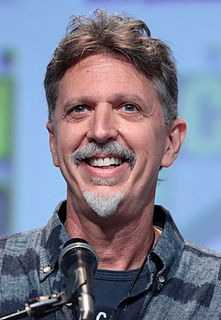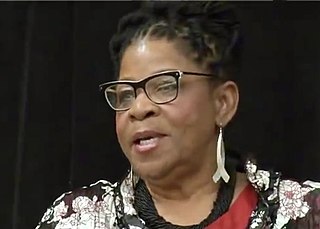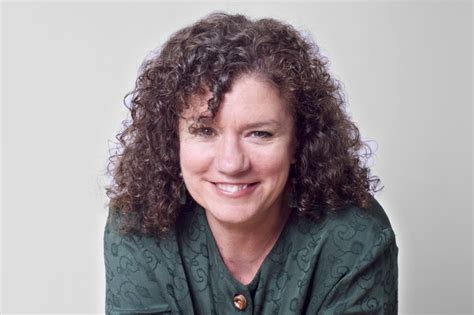A Quote by Douglas Adams
You turn the computer into the storyteller and the player into the audience, like in the old days when the storyteller would actually respond to the audience, rather than just having the audience respond to the storyteller. I had an enormous amount of fun, actually, working on that.
Related Quotes
Working with Robert, Robert [Elswit] is a storyteller. He's not a cinematographer, he's a storyteller. And to me, that's the graduation I hope to get to in my profession. That I'm not just an actor, I'm a storyteller. And I think that takes a long time in, when you have one job on a movie set. Makeup artists, actor, whatever. To graduate from just that to storyteller.
Now, the relationship the storyteller has with the audience is a much higher quality relationship. You treat them with a lot more intelligence because the truth is that it's not my fault if you don't know what's going on. There are plenty of ways for you to find out. You can talk to all kinds of people, and you've got access to all this information. The onus is no longer on us, as a storyteller, to tell you. You can go out and find out yourself.
If you test Iron Man and that audience doesn't respond well, you can be damn sure that there is something wrong with the movie that you have to address. Because they're expecting a certain amount of action, right? They want a hero. There are certain things that have to be compatible with the way the audience is thinking about it. If you take some other film, like No Country for Old Men, you can end up with all kinds of crazy reactions.






































